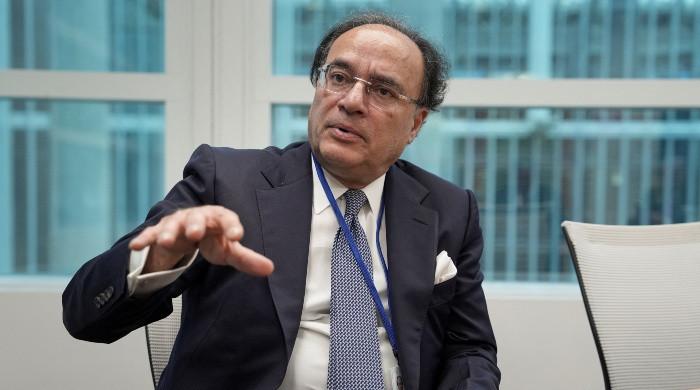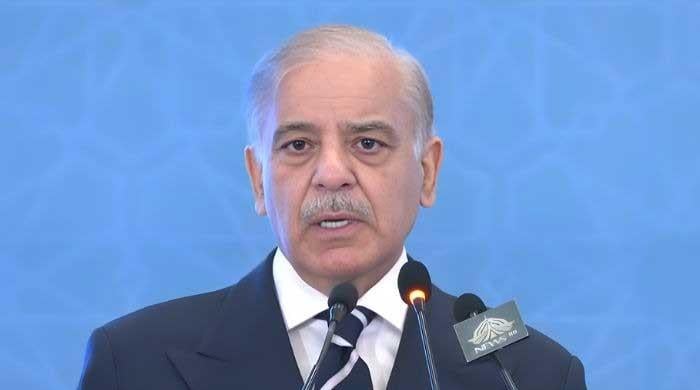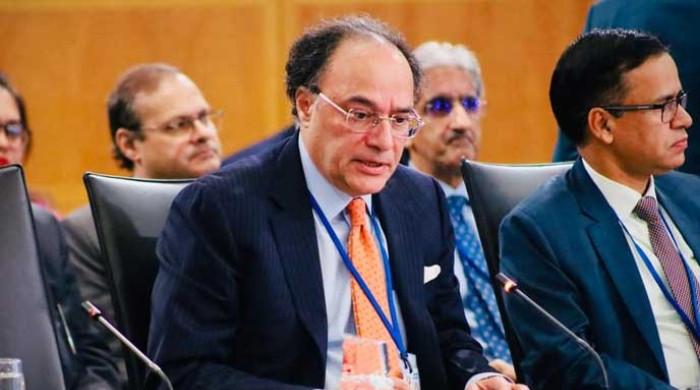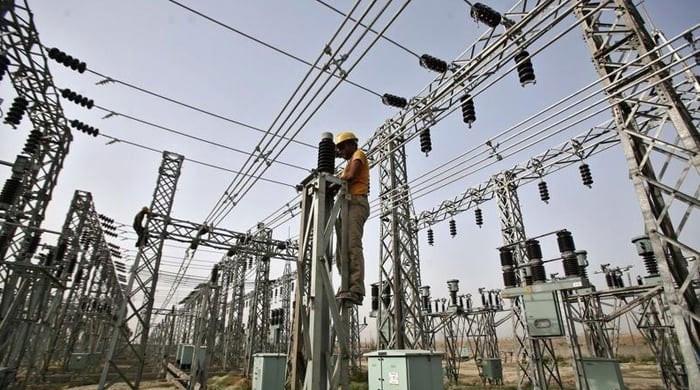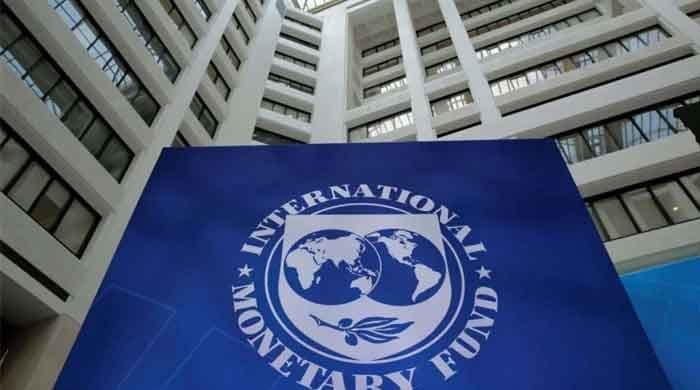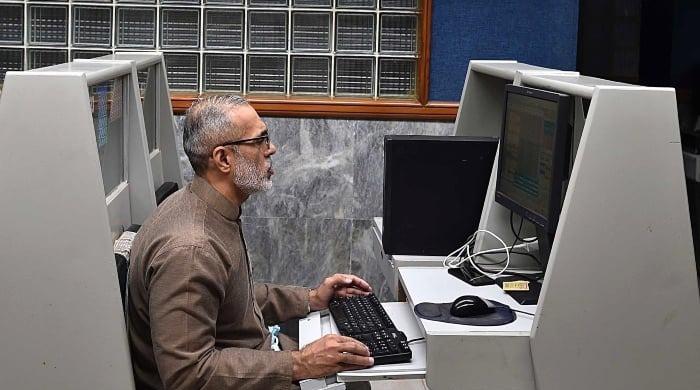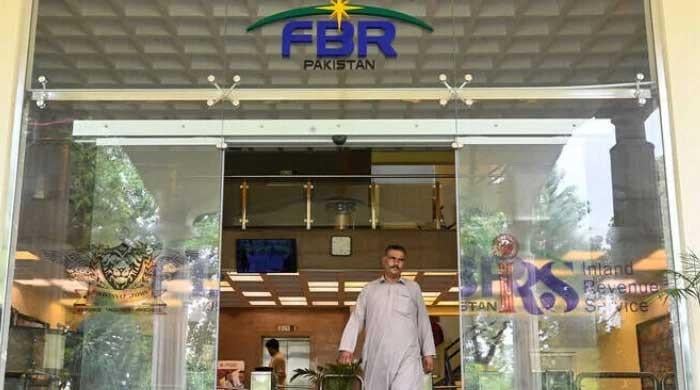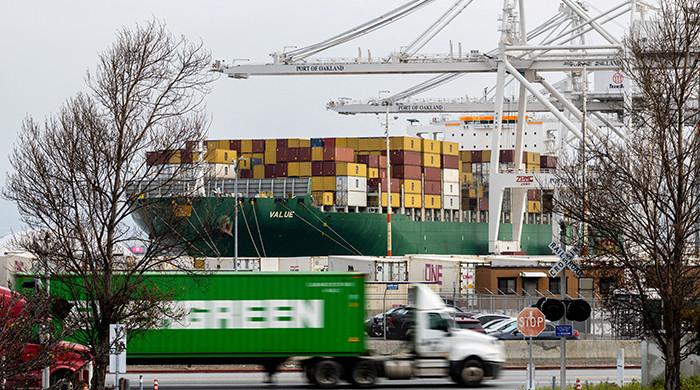Budget 2020-21: NEC okays Rs1,324bn national development outlay
The NEC envisaged the GDP growth rate at 2.1% from the earlier projected figure of 2.3%
June 11, 2020
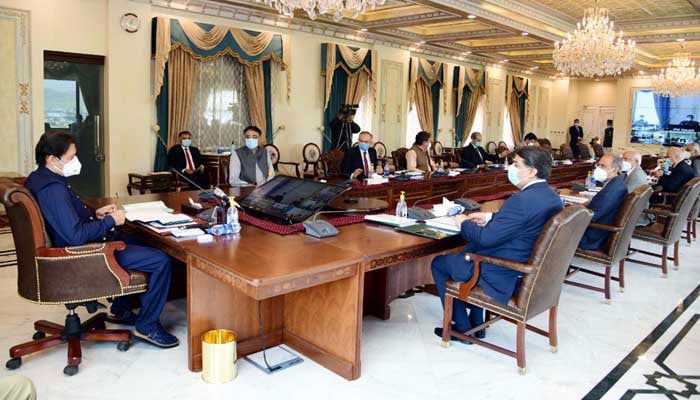
ISLAMABAD: The National Economic Council (NEC) on Wednesday approved the national development outlay of Rs1,324 billion for upcoming budget 2020-21 along with a special allocation of Rs70 billion for COVID-19 pandemic response, reported The News.
Amid protest by Sindh Chief Minister Murad Ali Shah, the NEC approved federal Public Sector Development Programme (PSDP) of Rs650 billion with foreign exchange component of Rs72.5 billion and provincial annual development programmes (ADPs) of Rs 674 billion including a foreign component of Rs222.5 billion for the upcoming budget.
The NEC, the highest constitutional economic decision-making body of the country, also approved macroeconomic framework and envisaged GDP growth rate at 2.1% from the earlier projected figure of 2.3% and inflation at 6.5% for the next budget 2020-21. The NEC also granted its nod to discretionary development allocation of Rs24 billion for PM’s Sustainable Development Goals (SDGs) achievement programme for next budget 2020-21 against the utilised amount of Rs30 billion for this programme in the outgoing financial year 2019-20 ending on June 30, 2020.
The NEC also approved Rs364 billion for infrastructure projects for coming budget against Rs383 billion in outgoing fiscal year. Out of infrastructure sector allocation, the energy sector projects allocation stood at Rs80 billion in the coming budget against Rs80 billion in outgoing fiscal. The transport and communication sector allocation will be standing at Rs197 billion in the next budget. The water sector allocation stands at Rs70 billion and physical planning and housing Rs35 billion in the coming budget.
The social sector allocation has been jacked up to Rs249 billion for coming budget against the allocated amount of Rs206 billion for the outgoing fiscal year. Out of allocations for the social sector, the allocated funds for health and population stood at Rs20 billion, education including Higher Education Commission (HEC) Rs35 billion, SDGs achievement programme Rs24 billion, climate change Rs6 billion, special areas such as AJK, GB Rs40 billion, merged districts of KP Rs48 billion, governance Rs4 billion, COVID-19 response Rs70 billion and others Rs2 billion.
The NEC approved Rs20 billion for Science and Technology and Rs14 billion for production sectors such as food and agriculture Rs12 billion and industries Rs2 billion. For ERRA, the NEC approved Rs3 billion for the upcoming budget against allocated funds of Rs5 billion in the outgoing fiscal year. The allocation for a programme managed by the Finance Division stood at Rs78 billion in the outgoing fiscal year but there was no amount mentioned into summary forwarded to the NEC for approval for the next budget.
The allocation for ministries/divisions was envisaged at Rs307.2 billion, corporations such as NHA, Wapda and power Rs158.3 billion for the next budget.
The macroeconomic framework approved by the NEC for 2020-21 envisages overall macroeconomic stability in view of fiscal consolidation, improving external account and revival in agriculture and industrial growth. The GDP growth for 2020-21 is targeted at 2.1% with contributions from agriculture (2.8%), industry (0.1%) and services (2.6%). The growth targets are subject to favourable weather conditions, post COVID-19 economic recovery, managing current account deficit, consistent economic policies and aligned monetary and fiscal policies.
Fiscal policy during 2020-21 envisages containing the deficit, additional resource mobilisation, controlling current spending and switching to targeted subsidies while prioritising development spending.
The balanced monetary policy is aimed at supporting the adjustment process to restore macroeconomic stability and manage aggregate demand. However, the challenge would be to strike a balance between growth and stability in such a way that monetary policy tools many not suffocate economic growth while containing inflationary pressure.
Average inflation during 2020-21 is projected at 6.5% on the basis of subdued demand and suppressed commodity prices in the international markets and the second-round effect of COVID-19 related economic implications.
Originally published in The News




